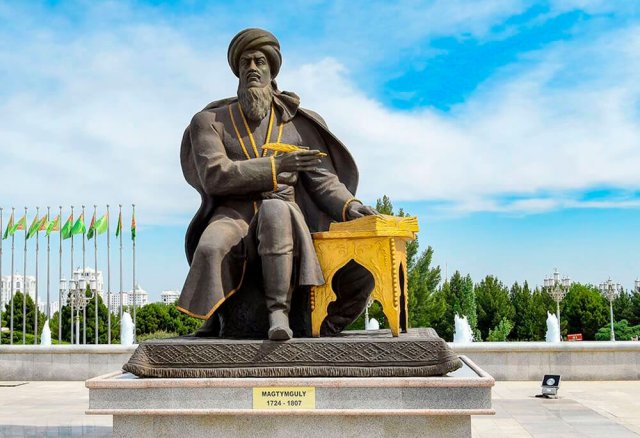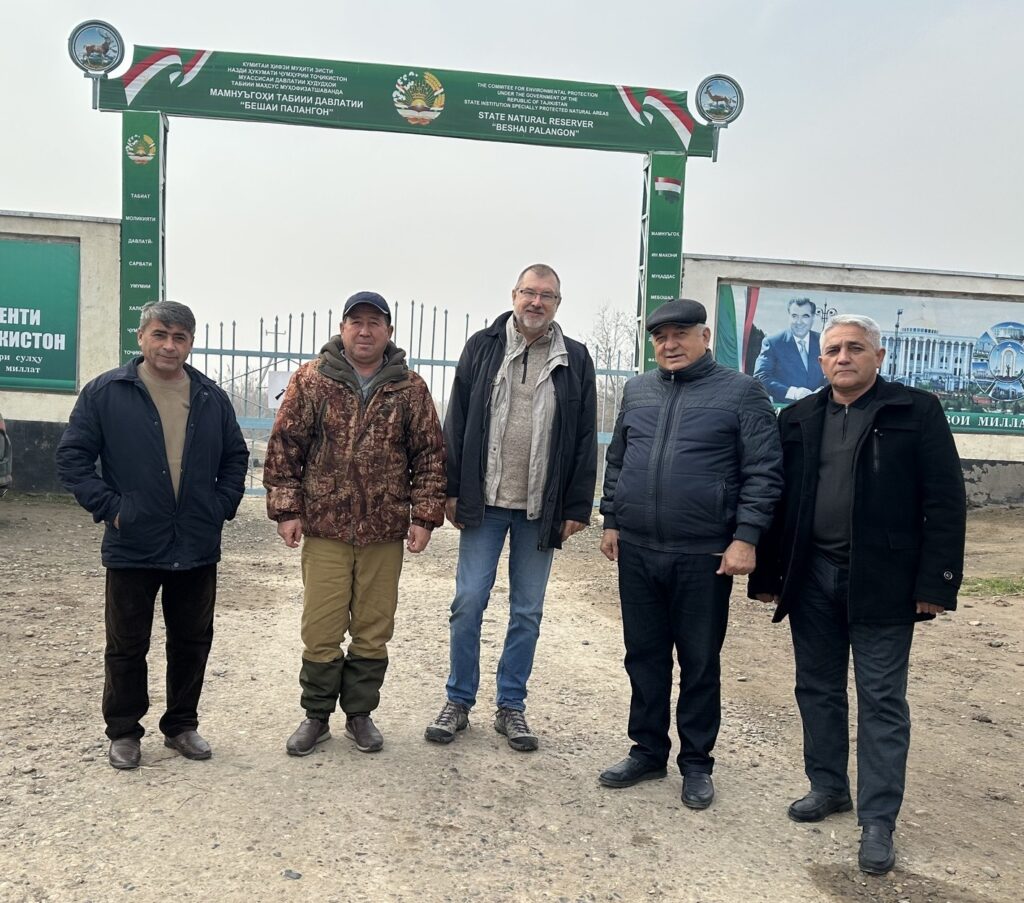
Solar power plant in Turkestan region
In the face of the harsh realities of a warming planet, such as extreme weather, forest fires, droughts, and floods, countries are working on a range of solutions to tackle these challenges, promote sustainable development, and strengthen the resilience of their communities. Addressing the interconnected crises of climate change, biodiversity loss, and pollution is not just an economic priority but a necessity for survival and a pillar of global and national security.
As part of global efforts to address climate change, delegates, politicians, and environmentalists from nearly 200 countries participated in the UNFCCC 29th Conference of Parties (COP) in Baku, Azerbaijan, to share progress on their climate goals through biennial reports, which track greenhouse gas emissions and outline actions to meet international climate commitments. Kazakhstan, as one of the UNFCCC COP’s parties, has also reaffirmed its commitments to the Global Climate Agenda under the Paris Agreement.
Kazakhstan, with its geographical and economic challenges, is actively addressing these global crises with innovative approaches. For Kazakhstan, achieving carbon neutrality by 2060 and a just energy transition represents a transformation of the entire economy. With significant renewable energy potential, 920 billion kWh from wind, 3,000 sun hours, and 62 billion kWh from hydropower annually, Kazakhstan is steadily reducing its reliance on coal and embracing cleaner energy sources. According to the Ministry of Energy of the Republic of Kazakhstan, over nine months of 2024, the country increased its electricity generation from renewables by 18 percent compared to the nine months of 2023, with renewables now accounting for 6,67 percent of the national energy mix.
As Kazakhstan’s partner in this transformative journey, UNDP has contributed to important documents by modeling just energy transition and assessing subsidies in the energy sector. Amendments to improve legislation were proposed, developed by UNDP experts, and further adopted by the President of Kazakhstan in 2023-2024.
Innovative financing: the key to unlocking green energy in Kazakhstan
To unlock the full potential of renewable resources, UNDP has helped Kazakhstan and introduced innovative financial instruments that attract investments. As part of the joint project with the Ministry of Energy of the Republic of Kazakhstan, green bonds, financial support programmes, and site-specific renewable energy (RE) auction mechanisms were developed and implemented to increase the accessibility of green financing.
For example, an innovative mechanism auction with ready documentation or site-specific RE auction was introduced in Kazakhstan in 2019. The site-specific auction mechanism provides investors with pre-assessed project locations to streamline investment and reduce costs. The success of this type of auction led to scaling up, expanding, and attracting foreign investment to the green energy sector: the European Bank for Reconstruction and Development developed a site-specific RE auction for a 150 MW wind power plant. In contrast, the Asian Development Bank is working on a pre-feasibility study for a hydropower plant that will soon be auctioned. Overall, site-specific renewable energy auctions have attracted an additional US$150–200 million in private investments, boosting the country’s renewable energy capacity thus far.
UNDP Kazakhstan, in collaboration with local institutions like the “Damu” Entrepreneurship Development Fund JSC, introduced an innovative blended finance approach to address funding gaps essential for advancing a low-carbon development pathway. By piloting a variety of financial tools, UNDP has played a pivotal role in transforming the green finance market, making green financing more accessible and affordable for SMEs. UNDP financial support instruments helped secure $68 million in private investments to implement 75 green projects. These projects are estimated to reduce and avoid a total of 2,149,821 tons of CO2 equivalent greenhouse gas emissions over their lifecycles. Furthermore, financial support instruments were then incorporated as part of the state programme; overall, “Damu” Entrepreneurship Development Fund supported 140 green projects for a total of over 231.5 billion tenge.
Kazakhstan’s journey to carbon neutrality is far from over. By unlocking opportunities for large-scale, small and medium-sized projects, supported by innovative green financing solutions and strengthened through international partnerships, the country demonstrates how collaboration and targeted investments can drive meaningful progress. Recognizing its potential for renewable energy resources, improving access to green financing, and including resilience measures in its policies, Kazakhstan is building a foundation for a climate-resilient future for people and the planet.
https://www.undp.org/kazakhstan/stories/kazakhstans-path-clean-energy-and-climate-resilience



